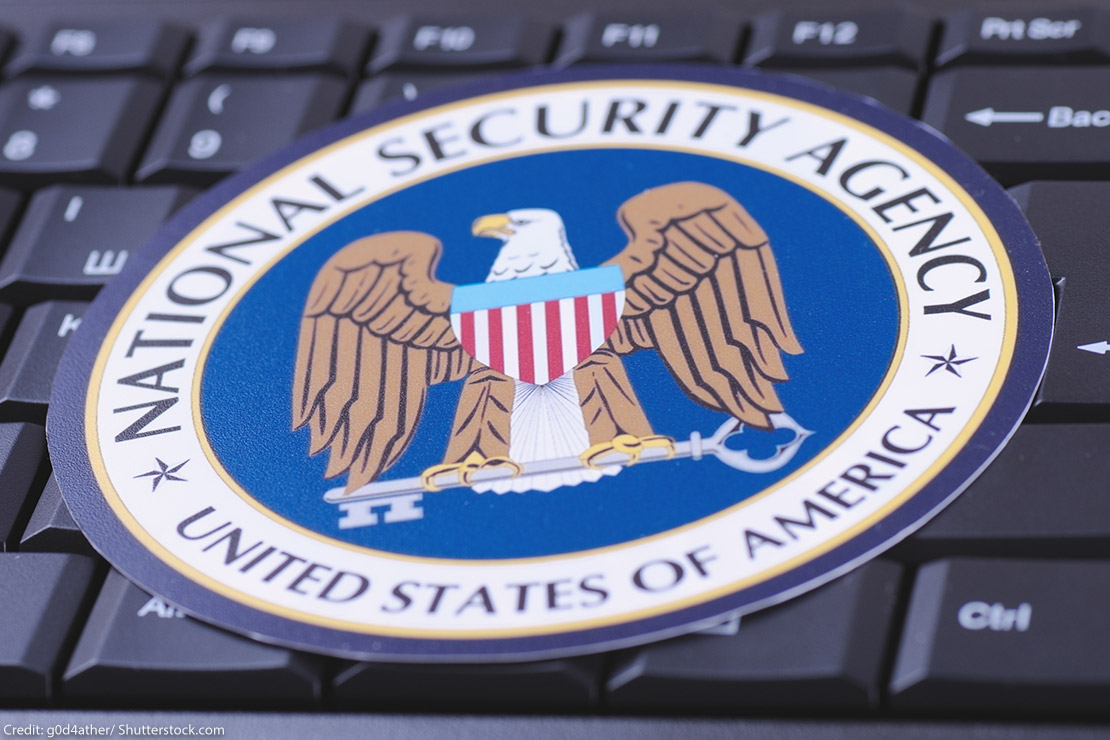Washington/Aden/Baghdad, Feb 4 (VoxHeadline): The Middle East is reeling from a fresh wave of military action as the United States launched retaliatory strikes against Iran-backed groups across the region, raising concerns about a wider conflict. This follows deadly attacks on US troops in Jordan and Yemen, igniting a tit-for-tat exchange of violence that threatens to further destabilize the already fragile region.
On Sunday, White House National Security Advisor Jake Sullivan declared the US intends “further strikes” against Iranian proxies, following attacks on Tehran-aligned factions in Iraq, Syria, and Yemen. This announcement comes after the US and Britain jointly targeted Houthi rebels in Yemen, striking 36 locations allegedly used for storing weapons and launching attacks.
These escalating tensions mark a worrying turn in the ongoing regional conflict, which has its roots in the Israeli-Palestinian clash last October. Since then, Iran-backed groups across the region have joined the fray, targeting various actors: Hezbollah in Lebanon, Iraqi militias against US forces, and Houthis launching attacks on Red Sea shipping and Israel.
However, Iran itself has so far avoided direct involvement, despite its support for these groups. Both the US and Iran maintain they do not seek war, but the recent exchanges raise questions about the potential for an unintended escalation.
Sullivan, while refusing to comment on possible strikes within Iran, emphasized that Friday’s actions represented “the beginning, not the end” of the US response. He acknowledged further “steps,” some overt and others covert, are likely. However, he stressed this wouldn’t be an “open-ended military campaign.”
The latest strikes in Yemen targeted Houthi weapons storage and missile systems, aiming to disrupt their attacks on Red Sea shipping. Houthi officials vowed retaliation, highlighting the potential for further instability in the already war-torn nation.
Meanwhile, the US actions in Iraq and Syria targeted over 85 locations linked to the Iranian Revolutionary Guard Corps (IRGC) and affiliated militias. Initial reports suggest nearly 40 casualties, drawing condemnation from various actors, including the Iraqi government and Iran’s foreign ministry.
Experts believe Iran is unlikely to engage in direct confrontation despite these latest developments. They predict measured responses likely targeting US bases in the region, maintaining the current limited escalation pattern.
However, domestic pressure within the US, particularly from Republicans, urges President Biden to deliver a more forceful response against Iran directly. This further complicates the situation and underscores the potential for unintended escalation.
Reactions and Repercussions:
- Yemen: Residents reported powerful blasts during the US strikes, causing fear and anxiety. The Houthis vowed retaliation, raising concerns about further destabilization in the already war-torn nation.
- Iraq: Hundreds attended a funeral procession for members of the Popular Mobilization Forces (PMF) killed in the US strikes. Senior Iraqi politician Hadi al-Ameri called for the immediate withdrawal of US forces, further straining relations between the two nations.
- International Community: The international community reacted with varied responses. While Britain supported the US actions, Iran condemned them as violations of international law, highlighting the global concerns about regional instability.
Analysis and Outlook:
The recent US strikes represent a significant escalation in response to attacks on American troops. While both sides maintain they don’t seek war, the ongoing tit-for-tat exchanges raise concerns about the potential for a wider conflict. The involvement of multiple actors with competing interests further complicates the situation.
Iran’s measured response so far suggests a deliberate strategy to avoid direct confrontation. However, domestic pressures within the US and the potential for miscalculations or unintended consequences create a volatile environment.
Moving forward, international diplomacy and clear communication channels are crucial to de-escalate tensions and prevent further bloodshed. Addressing the underlying causes of regional instability, including the Israeli-Palestinian conflict, is also essential for long-term peace and security.
